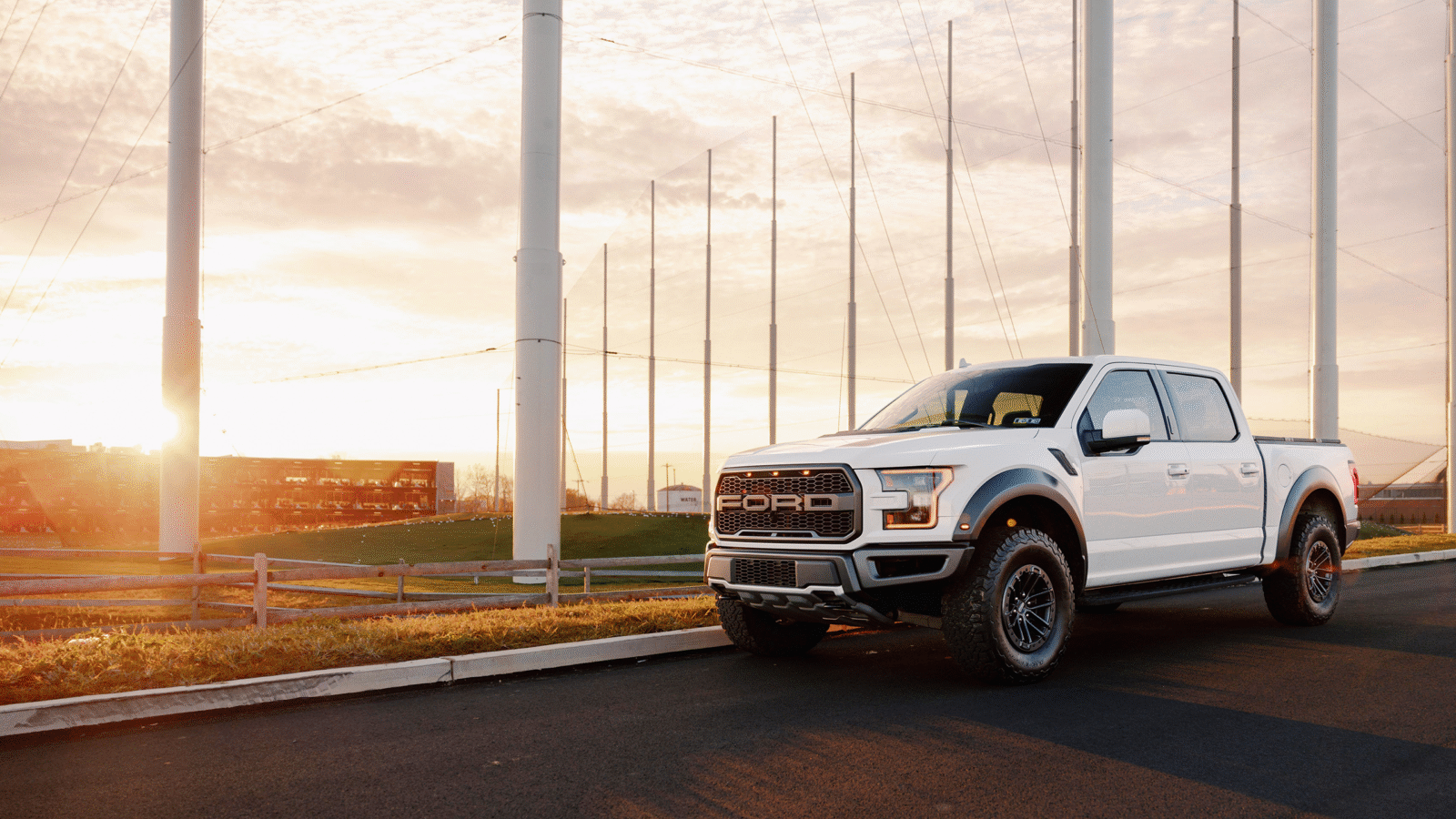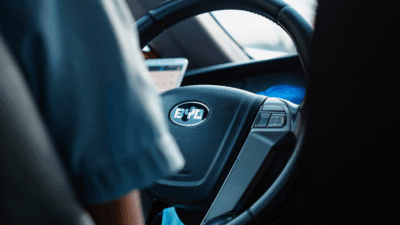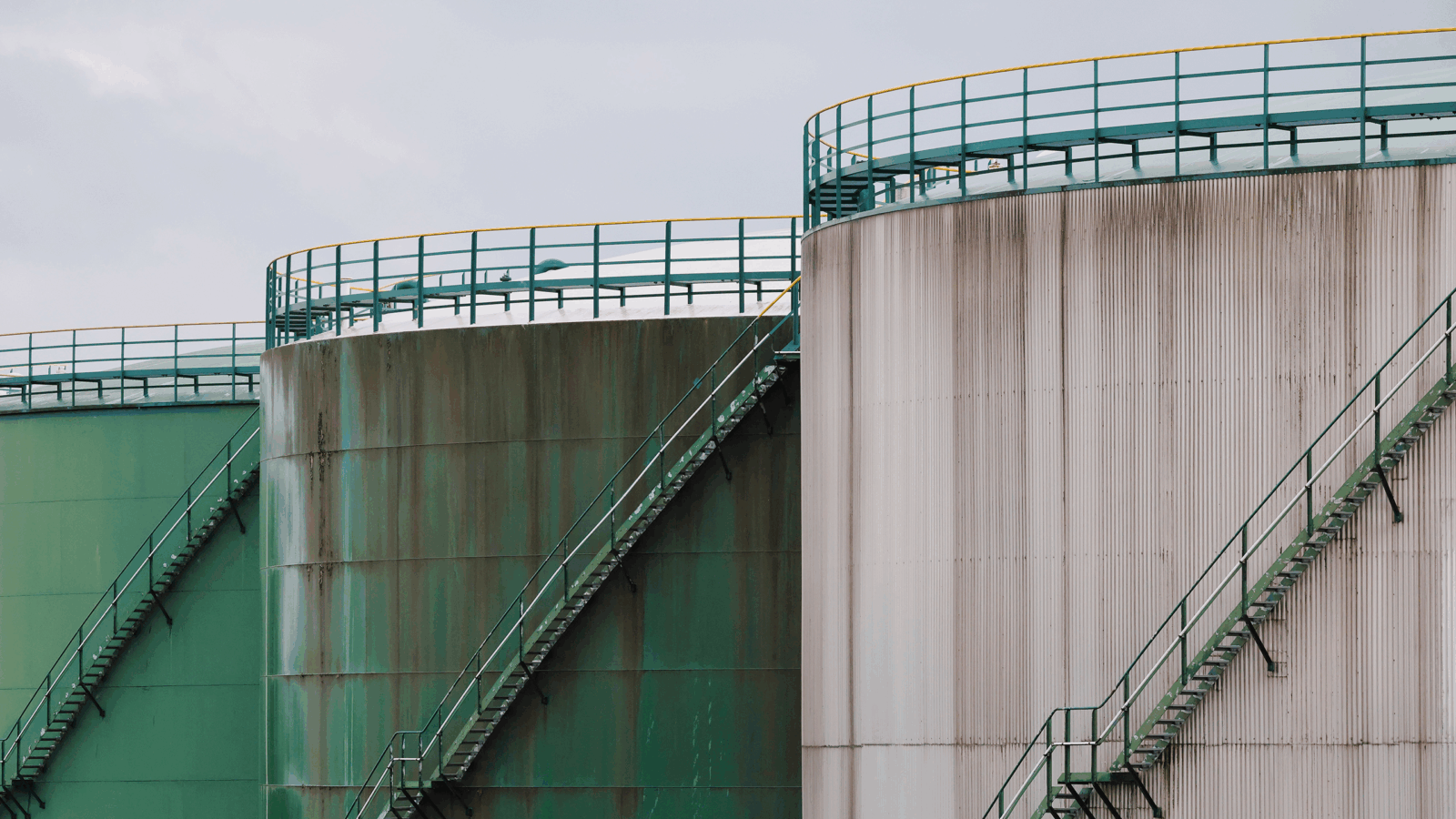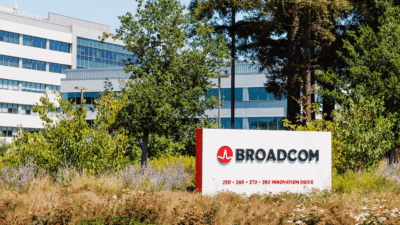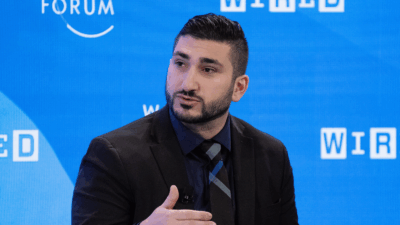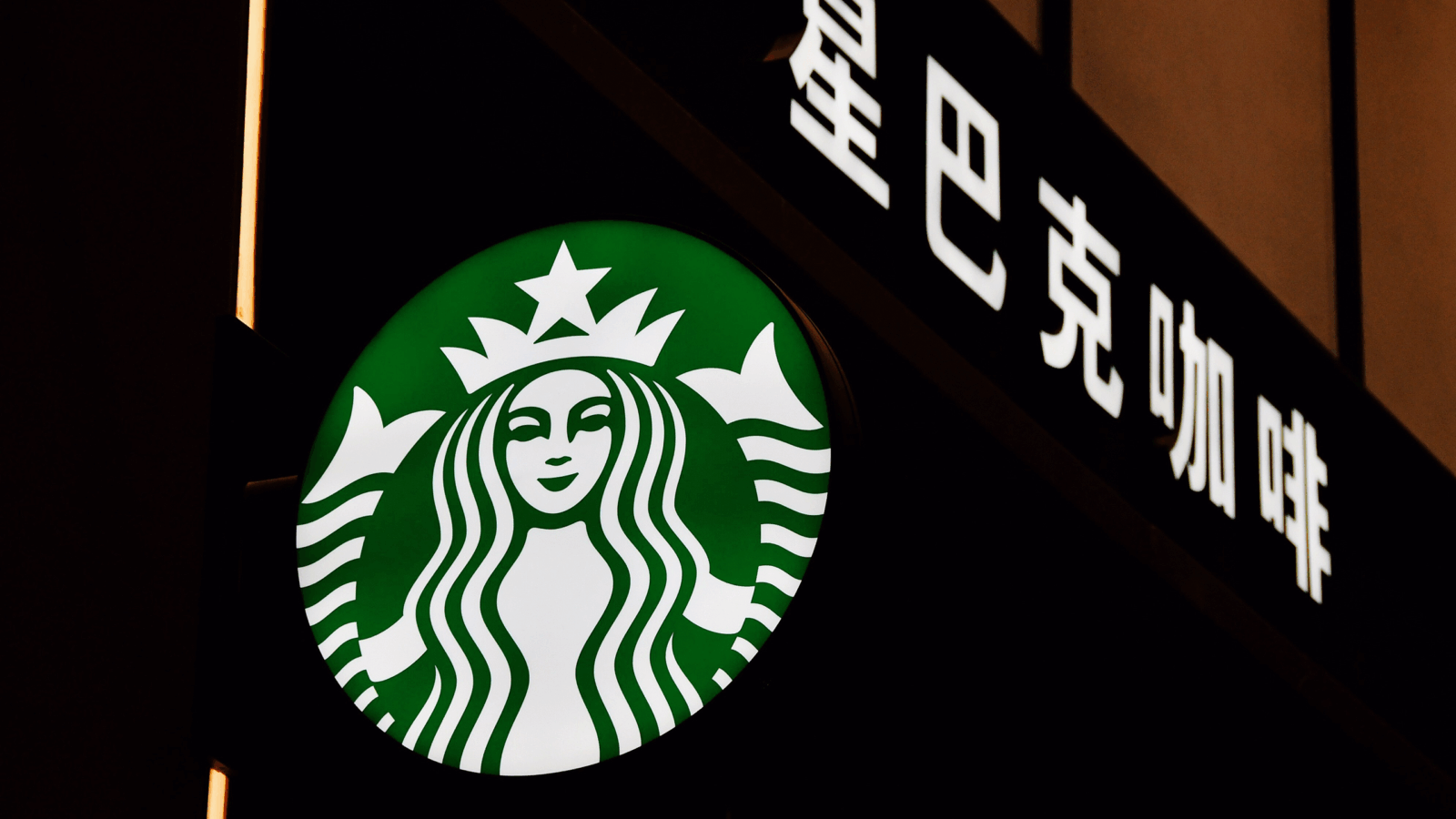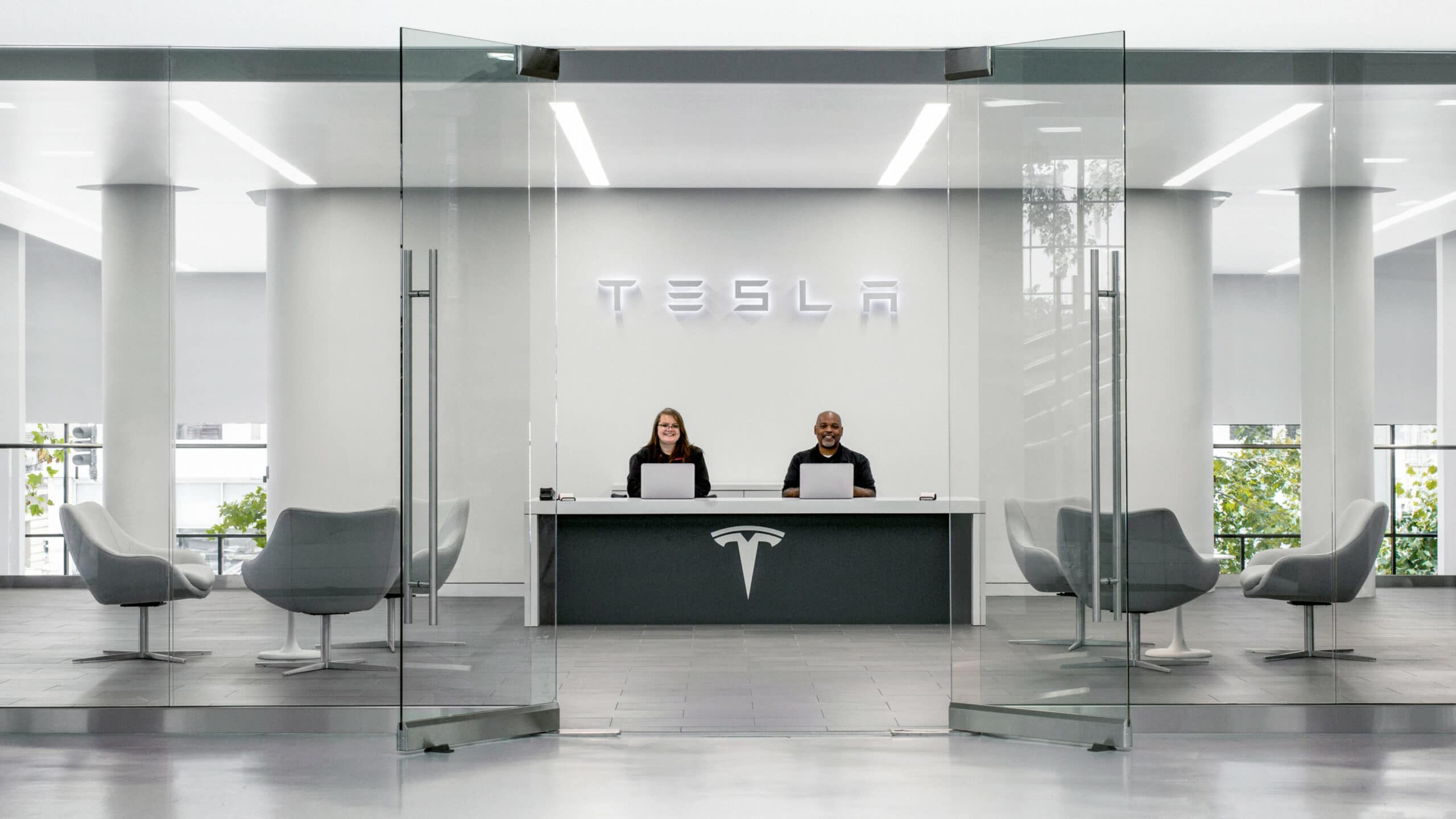
Sign up for smart news, insights, and analysis on the biggest financial stories of the day.
Tesla CEO Elon Musk visited Grünheide, Germany on Tuesday to help hand over 30 of the company’s first cars manufactured in Europe to their new owners.
The world’s richest man was celebrating the opening of Tesla’s Gigafactory Berlin, its first plant outside the US and China. For those lucky first drivers, it was significantly cooler than picking up from a dealership salesman wearing a neutral tie. For Tesla, it was the first step towards unlocking a run for its skidding stock.
One Way Straße
Before yesterday, Teslas sold in Europe were being shipped from Shanghai, home to the company’s sole foreign production facility (it has US plants in California, Nevada, and New York state). But limited production capacity and supply chain issues have left Tesla struggling to meet demand, causing what Wedbush Securities analysts dubbed a “major drag on overall unit growth.” Last week’s temporary closure of Tesla’s Shanghai plant due to China’s rising Covid cases only exacerbated the problem.
Consequently, the new Grünheide facility, located about 20 miles outside Berlin at 1 Tesla Straße, immediately becomes crucial to Tesla’s short- and long-term growth plans:
- Wall Street analysts expect the facility will produce 100,000 vehicles this year, and Tesla says it will make up to 500,000 vehicles and millions of battery cells in future years. Wall Street now expects Tesla to deliver 1.5 million units in 2022, up from 936,000 last year.
- “We cannot stress the production importance of Giga Berlin to the overall success of Tesla’s footprint in Europe and globally,” Wedbush analysts wrote in an investor’s note. While Tesla’s share price is down 20% this year, more than the S&P 500 or Nasdaq, Wedbush said the factory opening removes the stock’s “overhang.”
German Lesson: At a cost of $5 billion, the Gigafactory opened just two years after construction began, despite facing myriad bureaucratic obstacles. German politicians, still sensitive after Berlin became a laughingstock in 2020 when its new airport opened after nine years of delays. “Germany can be fast,” said the country’s chancellor Olaf Scholz, who attended Tesla’s opening. After all, many stretches of the Autobahnen don’t have speed limits.
